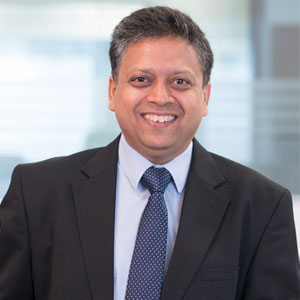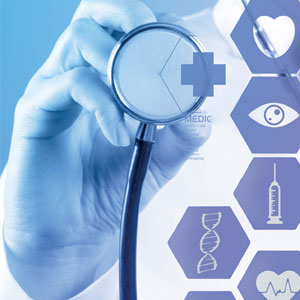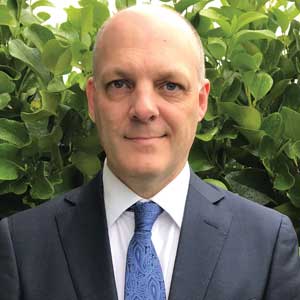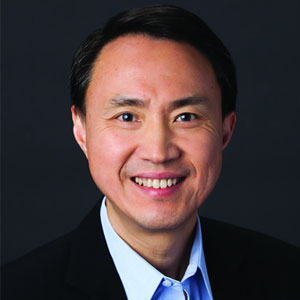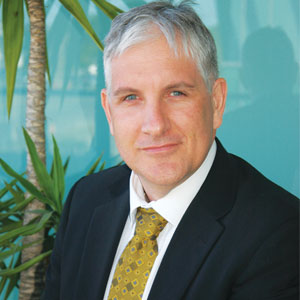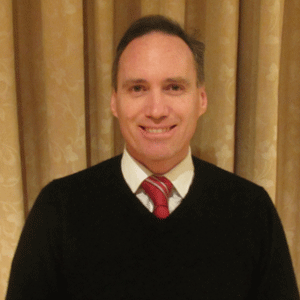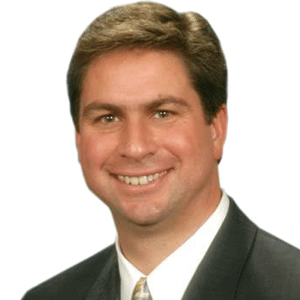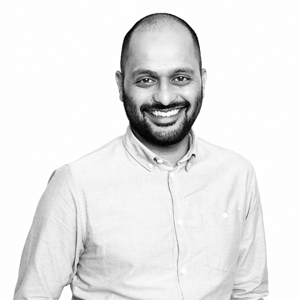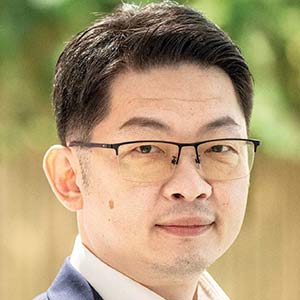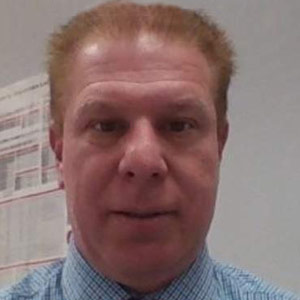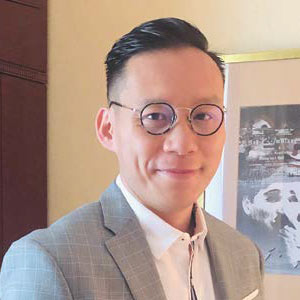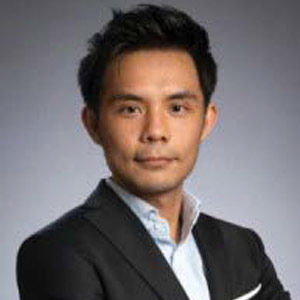Read Also
Navigating Compliance Challenges in ESG AML and Digital Onboarding
Chuan Lim Ang, Managing Director and SG Head of Compliance, CIMB
A Vision for the Future: Automation, Robotics, and the Smart Factory
Joe Tilli, State Industrial Automation Sales Manager, Lawrence & Hanson
The Rise of Hyper Automation
Erdenezaya Batnasan, Head of IT End-User Support Service Department, Khan Bank
Transforming Business Operations with Robotic Process Automation
Simon So, CMGR, MCMI, Regional Head of Digital Solutions, Richemont Asia Pacifi
Combining Automation with AI to Achieve Human-Like Interaction
Kain Chow, General Manager, Technology & Transformation, New World Development Company Limited
Implementing RPA - 5 Ultimate Prerequisite
Indra Hidayatullah, Data Management & Analytics Division Head, Pt. Bank Tabungan Negara
Incorporating the power of recognition into our vendors' sustainability journey
Cynthia Khoo, Head, Central Procurement Office, OCBC Bank (Malaysia) Berhad
Elevating Guest Experience with Data
Clive Edwards, Senior Vice President, Operations, Capella Hotel Group



